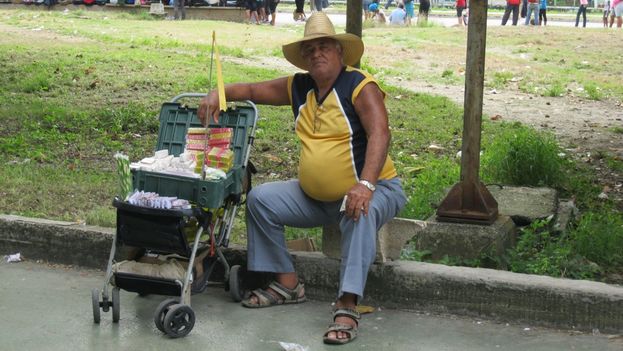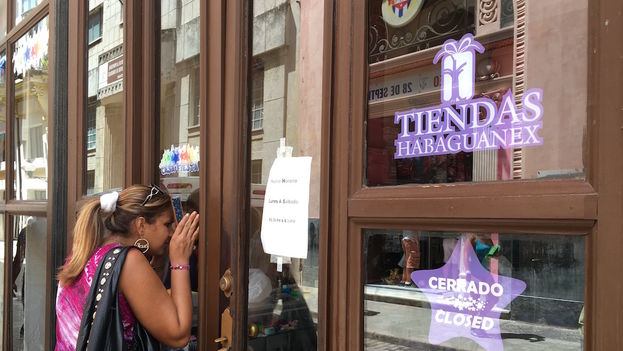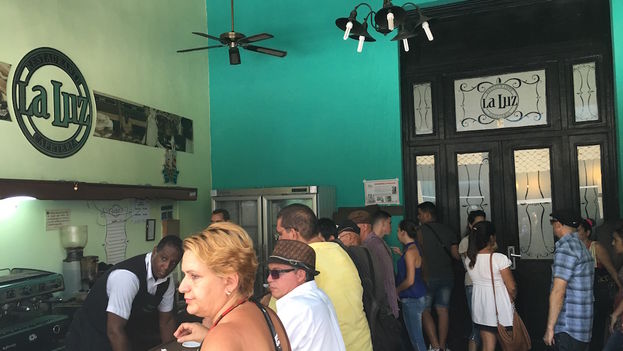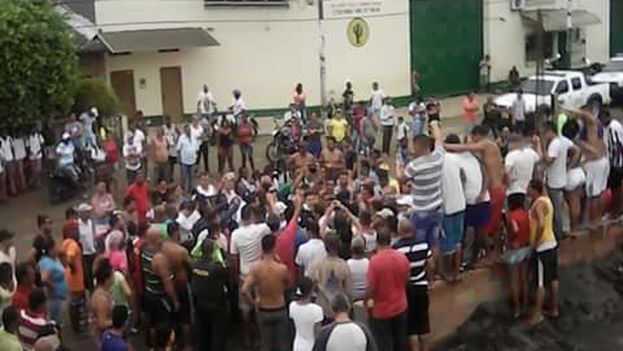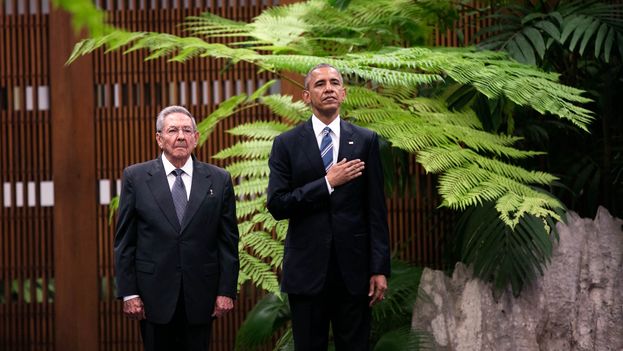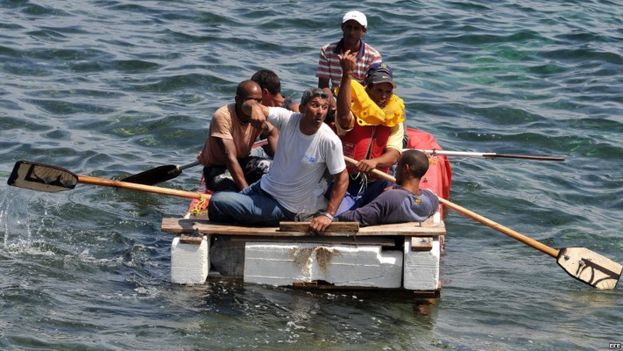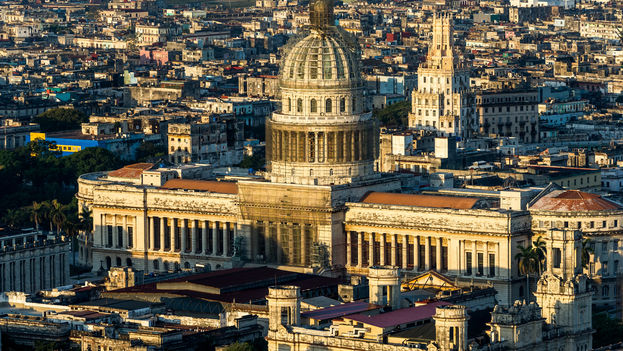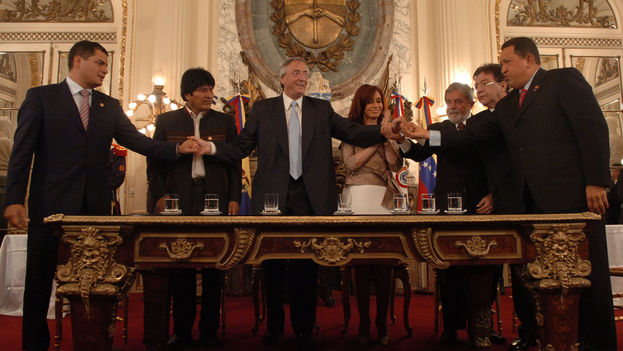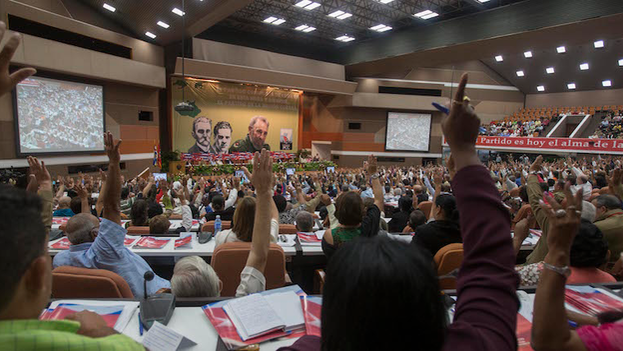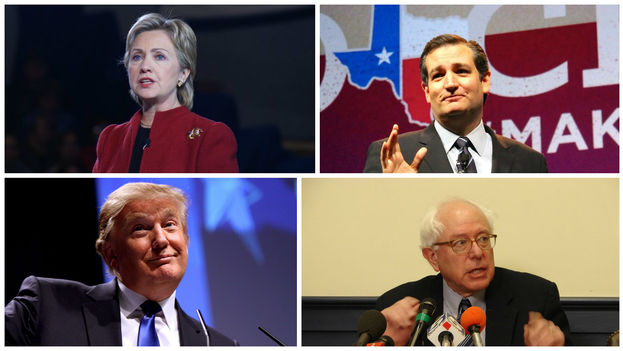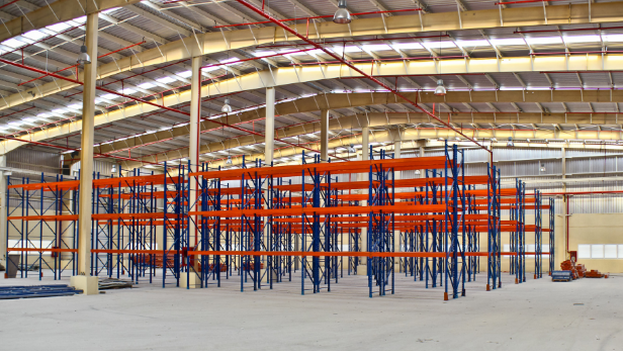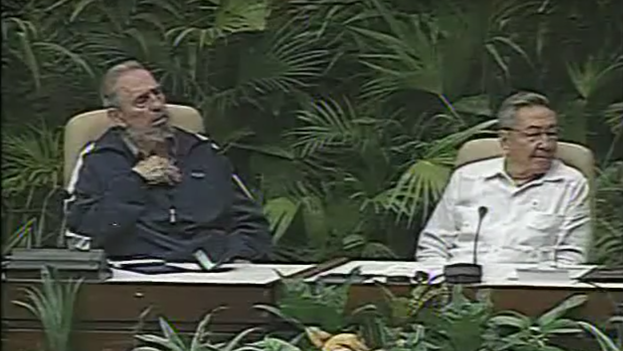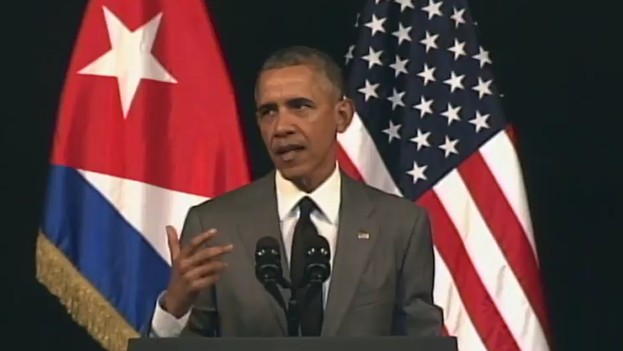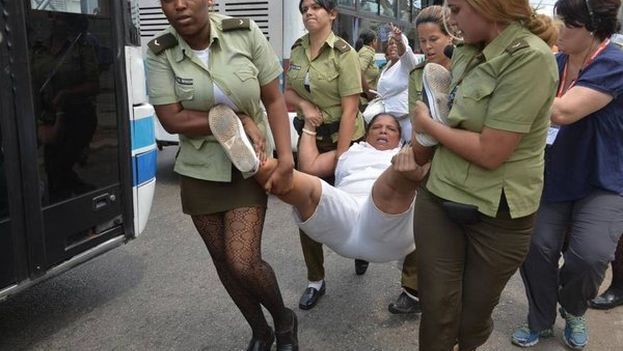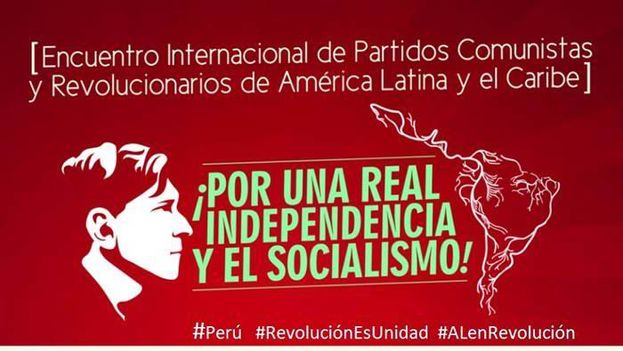
![]() 14ymedio, Pedro Campos, Havana, 30 August 2016 — Last weekend Latin America’s communist and leftist parties held a meeting in Peru. Its objective: To structure the “struggle against neoliberalism” in the region. Is this the purpose sought by socialism?
14ymedio, Pedro Campos, Havana, 30 August 2016 — Last weekend Latin America’s communist and leftist parties held a meeting in Peru. Its objective: To structure the “struggle against neoliberalism” in the region. Is this the purpose sought by socialism?
The first socialists (nothing to do with the statist, authoritarian, police and totalitarian versions) always understood the society they aspired to as being the reign of freedom for human beings and especially in ways of working, labor that would be undertaken for satisfaction, not out of obligation, and that would be the general basis on which the entire framework of the new society would rest. continue reading
The great development brought to the world by the productive forces of capitalism and its needs for the freeing of markets and the expansion of education and new methods of production, especially the unstoppable progress of the new technologies of information and communications, has created the basis for the deployment of every kind of possibility of free, private and interconnected work.
And this is what the “anti-capitalists” of this so-called Latin American left don’t understand, as they continue to cling to the old and absurd “communist” schemes of the 20th century. Determined to fight capitalism and neoliberalism and to impose state-centric economic and political models, like Fidelism in Cuba, or its Venezuelan or Nicaraguan variants, or Peronism in Argentina, they don’t understand, first and foremost, that Fidelism and, likewise, every totalitarian framework were complete failures.
Other caricatures of socialism in the region do not depart from the social-democratic concept of the protector-state, which through the collection and distribution of taxes puts an end to inequality, taking from those who have the most to give to those who have the least.
It is not about lowering the standard of living of those who have the most, but of elevating those on the bottom through their own efforts, although with the assistance of credits and financing to support their technical skills and to help them build their own private or collective microenterprises.
And it would be these policies, of “teaching the hungry how to fish, rather than giving them fish,” that would free human beings from exploitation and turn them into free producers and free thinkers.
The so-called socialist countries that emerged from the Stalinist processes that took place in Russia in the last century understood that new society as a work of the “proletarian State” which, through laws and violence, deprived the small, medium and the great bourgeoisie of their properties and administered them centrally and vertically, exploiting them without changing salaried work to the common benefit of society. It was an idealized vision of a primitive community. Great nonsense.
Logically, this vertical state-socialism from a “communist”-directed and regulated power could never overcome freely expanding capitalism, more horizontal, more democratic, precisely because of the degree of liberation of the productive forces, of the market, of human development and of the means of production.
The new post-capitalist society – more free, just, humane, democratic, protective of nature and the environment – will be achieved starting from the progress made possible by capitalism itself in its development and utilization of free workers and their own efforts, mechanisms and freedoms, achieved by capitalism and not by the suppression of capitalism through violence, the restrictions of liberties and the fratricidal class struggle.
Free workers, a class that is not in itself a capitalist mode of production (they are neither capitalists nor salaried workers), developed from the mechanisms of capitalism itself, is the new revolutionary class, not the “proletariat” that brings with it no new mode of production.
Therefore, it is not about fighting “against capitalism and its neoliberal variant, raising the proletariat” but about fighting for the development of free private or cooperative work.
The role of socialists would be better if they supported, promoted and took advantage of the mechanisms of capitalism that favor the progress of free private or cooperative work, particularly freedom in every sense, of the market, of technical and professional training for all, low interest lending policies and taxes that stimulate small and medium private or cooperative enterprises and that limit private or state monopolies and above all, fuller democracy that is ever more direct and transparently exercised and horizontal for citizens, with regards to taxes, budgets and spending at all levels.
The “communists and the leftists” who participated in the event do not understand this and continue their statist voluntarism, following the approaches of the olden days. If they do not change, the Peruvian forum will be condemned to repeating the failures of its predecessors.

